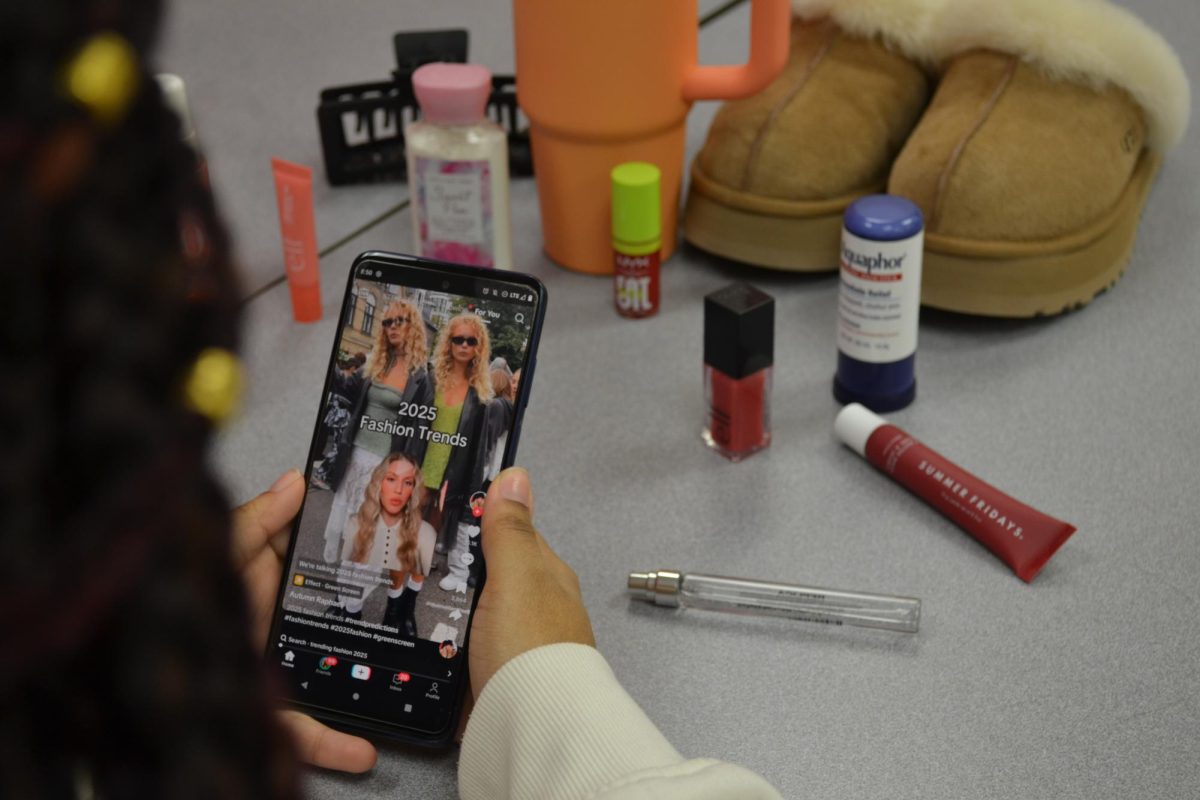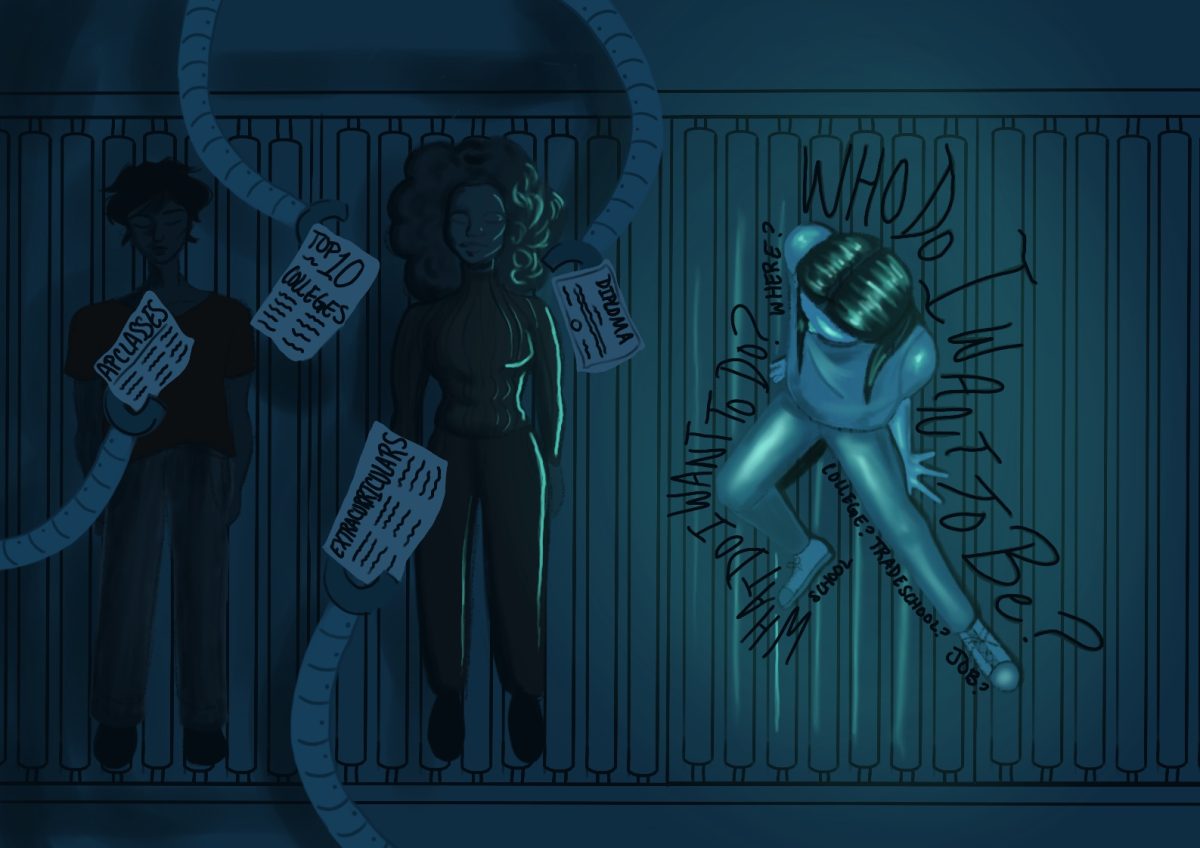The 1985 hit Material Girl by Madonna highlighted the theme of the decade– materialism. Music and TV promoted lavish lifestyles, influencing consumers to indulge in life’s finer things.
Since then, materialism has grown and planted firm roots in our society, encouraging people to seek high-end or luxury brands. Coveted items such as Birkin bags or skincare items from brands like Drunk Elephant and Fenty Beauty have become status symbols among peers.
However, concerns have been voiced in recent years about the impact that a materialistic mindset has on society as a whole and the environment.
Grant alum Kaylie Borshell explains, “Being an over-consumer is unsustainable … an abundance of these items are made, bought, and then end up in the trash which then ends up in a landfill.”
Kaylie, now living in New York while pursuing her Fashion Business Management degree, also feels it is difficult to be aware of green choices when it comes to fashion.
“The only way you can be a conscious shopper is if you are aware enough of those problems and care about it enough to decide to educate yourself,” she states.
Over-consumption has seen a major rise in recent years, with video hauls being uploaded online for the viewing pleasure of the general public.
“I do think that if more people knew about it, that they would care,” Kaylie explains, “but I also think people just care too much about fitting in to care about how they are destroying the earth.”
Andrea Weaver, a teacher at Grant, further elaborates on this sentiment.
“I think it can be a status thing, where people see you and they see what you’re wearing, and they immediately think of you a certain way,” Weaver states. “When you’re constantly seeing people look a certain way and have certain things, it’s natural to want to fit in.”
It’s easy to fall into a loop of buying the latest trending item because the people around us have it, whether it’s a new water bottle or a pair of leggings. Perfumes, shoes and handbags collect dust on shelves for no reason other than the status of having the latest and greatest.
While materialism is an issue, not all consumption is bad consumption. Buying what is available due to genuine need and affordable prices does not automatically mean you are an unethical consumer. The problem arises when we buy things we don’t need, just to have them. More ethical options, such as buying used or thrifting, can help negate this problem.
In the current age that we live in, fitting in with others means many things. Having a certain social media presence, dressing a certain way, or having certain objects can all create a sense of community among peers. Yet, it’s important to remember that material items don’t make a person. In order to move away from this trend, which is quickly becoming harmful, we must become more conscious of the items we purchase and how we use them.





































